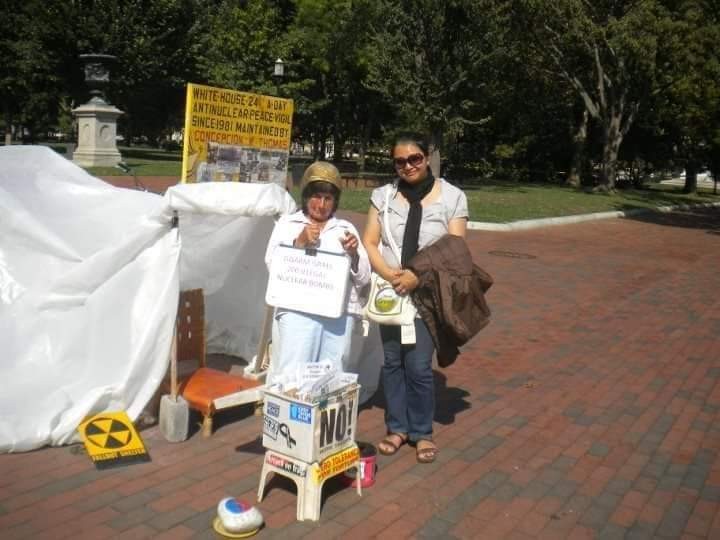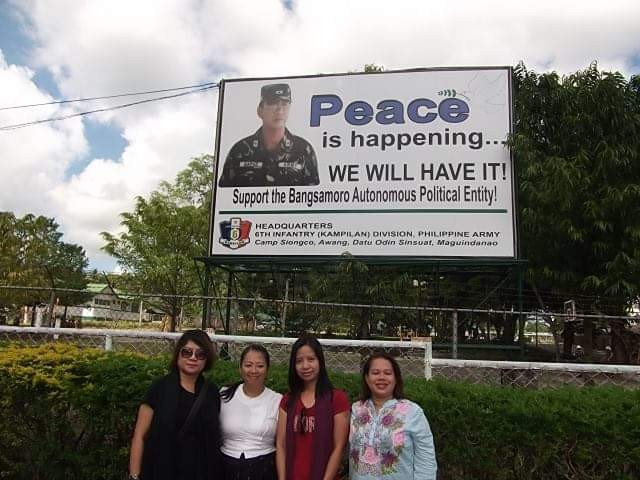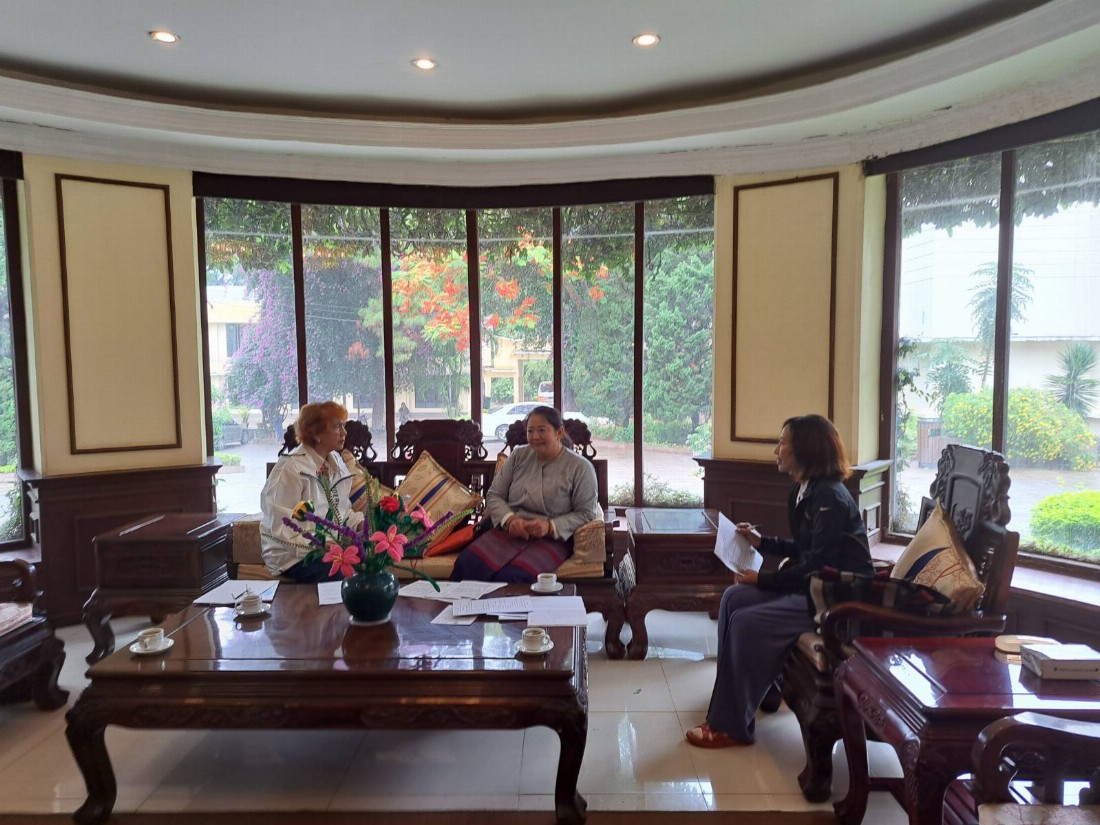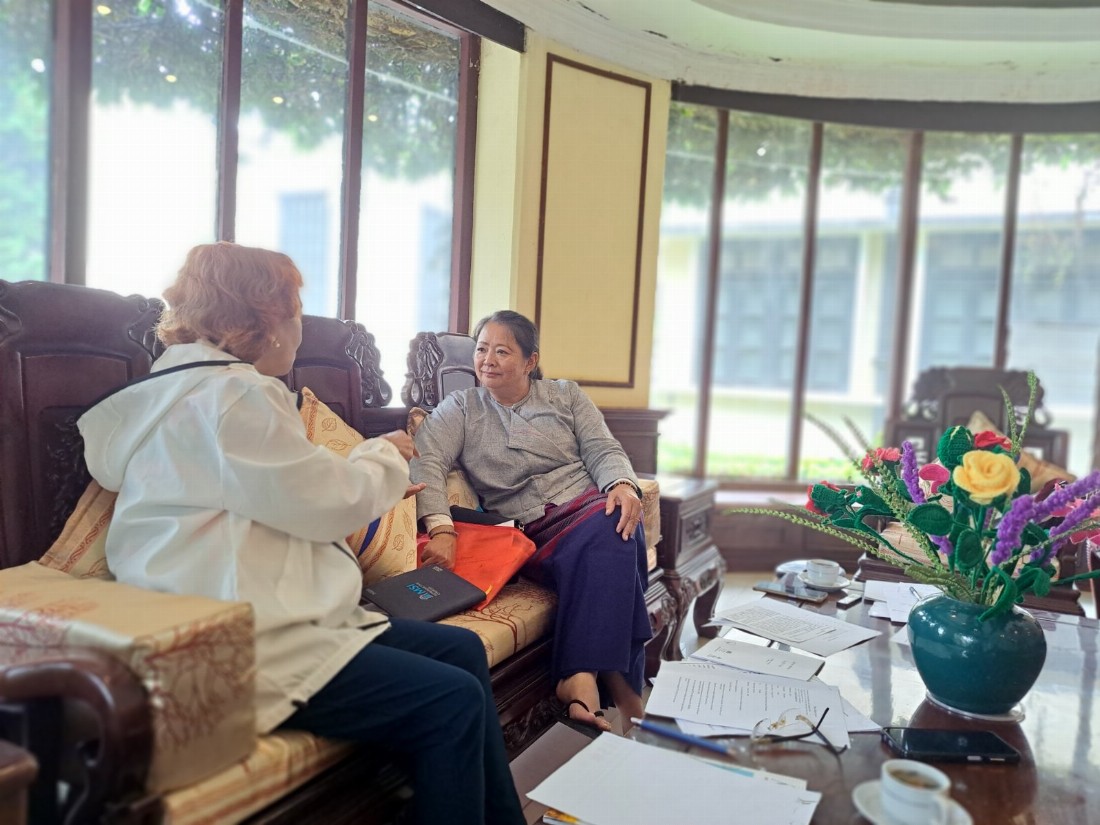myanmar - prevention, peacebuilding
May Hnin Kyaw
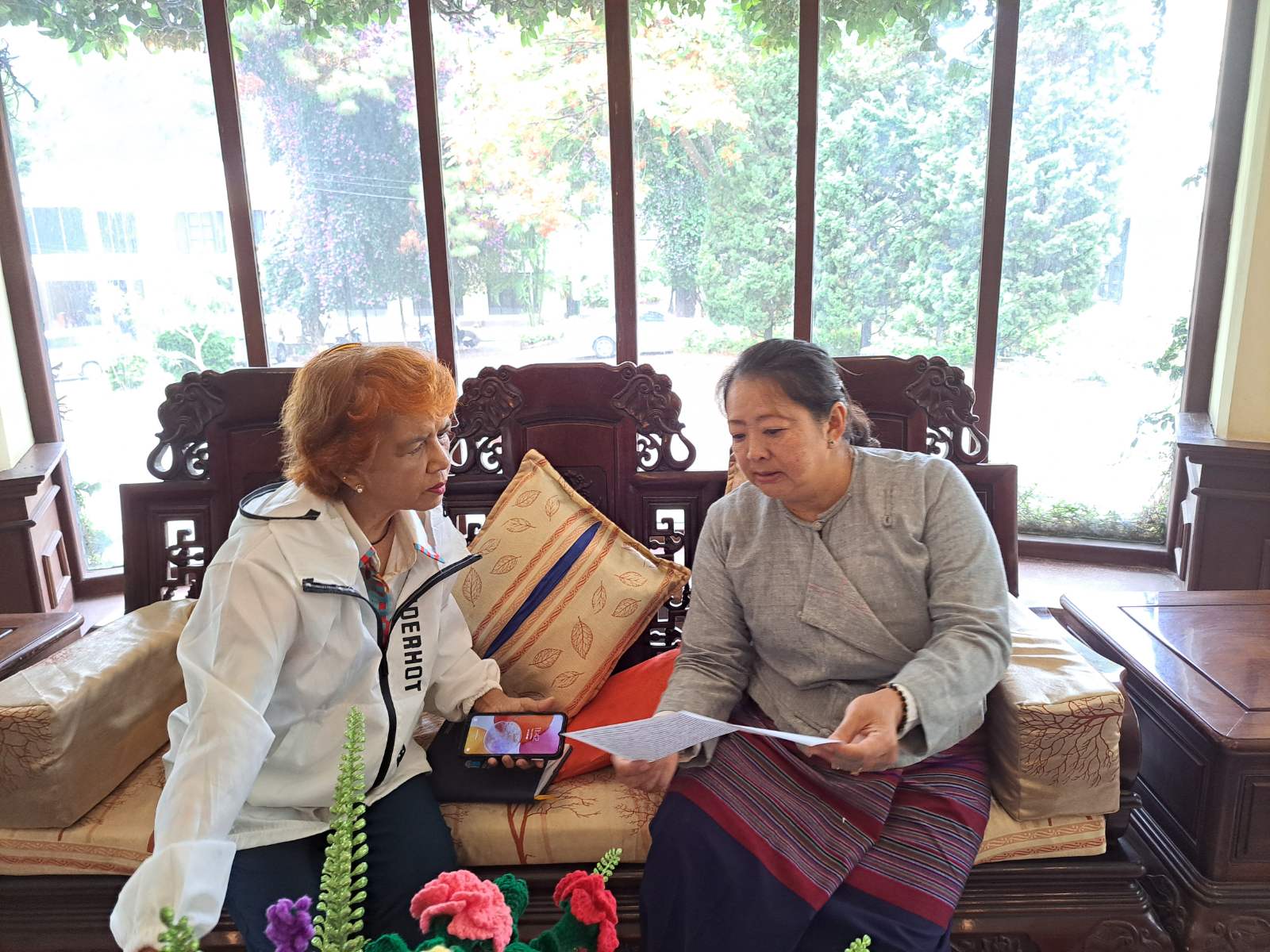
- Actor/Organisation
- May Hnin Kyaw / “KAN BAW ZA” Youth Library+Reading Club, Taunggy
- Current Title/Designation
- Program Director and Coordinator
- Expertise/Focus Area
- Prevention, Peace Building
- Date of Interview/Research
- 27 May 2024
- Location of Interview
- Taunggyi
- Diplomacy Track
- 2
Starting Point
Ms. May Hnin Kyaw is the Program Director and Coordinator of KAN BAW ZA, a youth library and reading club in Taunggyi. She has played an active role in conflict prevention and capacity-building training projects. Her principle is rooted in the importance of peace, as she believes, without it there will be no development in the region. This to challenge the traditional persisting belief among the undergraduate fellow countrymen that insisting of taking up arms so that one will not get bullied.
Peace Journey
She implemented her peace principle trough promoting a culture of reading to help community members better understand and embrace the principle. Her activities to develop reading habits for the natives expanded beyond Shan Community to the other state such as Kayah. In line with her effort in promoting reading culture, she conducted awareness-raising programmes by distributing educational pamphlets. Some of these pamphlets are titled “Peace”, “Active Citizen”, “Voter Education”, “Plastic Waste”, and “Noise Pollution”.
She also attended numerous workshops and meetings, both at home and abroad, which enabled her to share the knowledge she had gained. She was one of the participants of the International Visitor Leadership Program held by the United States, Department of State. She has also attended the meeting on Women, Peace and Security (WPS) at the Myanmar Peace Centre. Several other events she attended are held by the International Foundation for Electoral Systems, American Centre, in Mandalay, Myanmar, Chiang Mai University in Thailand, and the Shalom Foundation in Cambodia. Her engagements also include participation in the Mobile Information Literacy program (Loca) and involvement in the voter education team.
However, the current situation might hold her future steps. Also, she feels that with the lack of peace and security in her region it is not safe for women and children. She believes the government should be aware of the situation on the ground. She hoped that the government would respect international norms and standards that Myanmar are party to, and uphold non-discrimination, transparency and good governance. Awareness should be followed by capacity building and empowering local people to develop the region.
Further explaining her view about women in politics and peacebuilding, she stated that many women still feel their place is in the kitchen. A fear of politics makes them unaware of their rights and responsibilities as citizens. She believes women should be mediators in the peace process. To encourage more women to contribute to the peace processes, she suggested that women should step beyond their traditional domestic roles and think more critically about their potential role. She believes women should expand their knowledge, share it with others to support regional development, and approach decision-making by carefully listening to all perspectives. She also emphasised the importance of women staying informed and adapting to changing realities. In her view, the primary barrier is illiteracy, underscoring the urgent need for awareness-raising initiatives and community collaboration.
Success Stories
Her success stories included setting up mobile libraries, imparting knowledge on various issues, such as recycling, voter education, peace, plastic pollution education, organic farming, and environmental conservation, educating the minority at the international level, and holding exhibitions on environment and climate change.
Additionally, she gained valuable insights through her experiences regarding the importance of shared responsibilities within the household, the need to prioritise donations toward community development rather than solely religious institutions, and the necessity for individuals to adopt a progressive mindset.
Looking ahead, she hopes to continue her work with mobile libraries and promote organic farming in local communities. Also, in her role as a peace facilitator, she aspires to establish a foundation for peace in her community. She is inspired to make peaceful change and taking Michelle Obama, Hillary Clinton, and Daw Aung San Suu Kyi as her role models.
-
Implementing AgencyAWPR Myanmar
-
Lead ResearcherMs. Khin Sabai
-
Co-Researcher/Research Assistant(s)Ms. Eaindra Khin, Ms. Htet Yadanar Win, Ms. Nwet Nwet Yi, Ms. Mya Lwin Lwin Aung
-
Date ResearchMay 2024-December 2025
